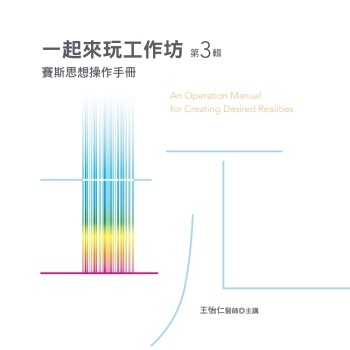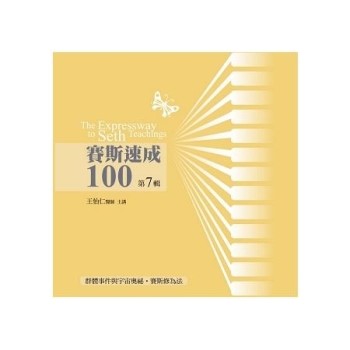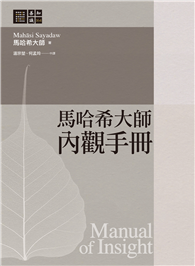Rapid transformation processes occur in the Majority World, where most of the global population is living (estimated around 3/4 of the global population), often deprived of access to infrastructure, services, exposed to hazards and degrading environmental conditions. The continuous urbanization in many African, Asian and Latin American cities is coupled with rapid socio-economic and demographic changes in urban, peri-urban, and rural areas. These changes often increase socio-economic fragmentation and existing disparities. According to the United Nations, of the 36 fastest growing cities (with an average annual growth rate of more than 6%), seven are located in Africa, while 28 are found in Asia. On top of the socio-economic transformations, the increasing impact of climate change is expected to increase local vulnerabilities. However, data to understand these transformation processes and relationships are either unavailable, scarce or come with high degrees of uncertainty. Earth Observation information and methods have a great potential to fill data gaps, but they are not exploited to their full potential. Most urban remote sensing studies in the Majority World focus on the primary cities, while not much is known about secondary cities, urbanizing zones or peri-urban areas. Attempting to measure and map environmental and socio-economic phenomena through remote sensing is fundamentally different from extracting bio-physical parameters. In general, studies done by researchers of the Minority World do not sufficiently understand the information needs and capacity demands of the Majority World, especially related to user requirements and ethical perspectives. In this book, we aim to provide an outlook on how Remote Sensing can provide tailored solutions to information needs in urban and urbanizing areas of the Majority World, e.g., in terms socio-economic, environmental and demographic transformation processes. We will provide methodological and application pathways insupport of local and national information needs as well as in support of sustainable development, and specifically, supporting the monitoring of the 17 Sustainable Development Goals (SDGs). The book combines an overview of innovations in applications, methodologies and data use, showing the capacity of Earth Observation to fill global knowledge gaps.












